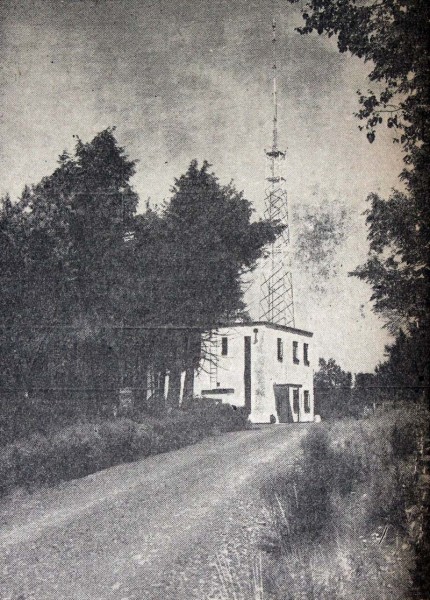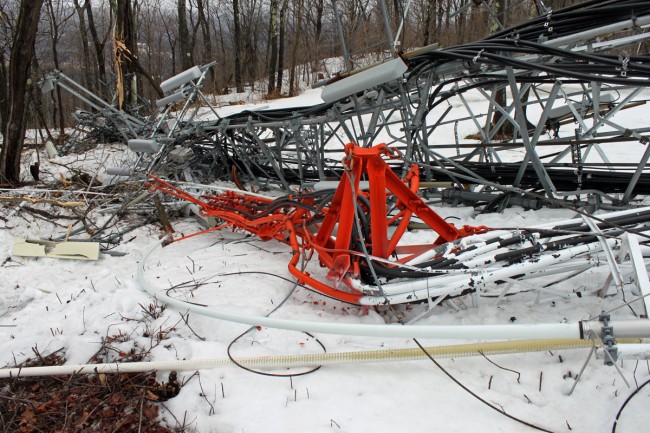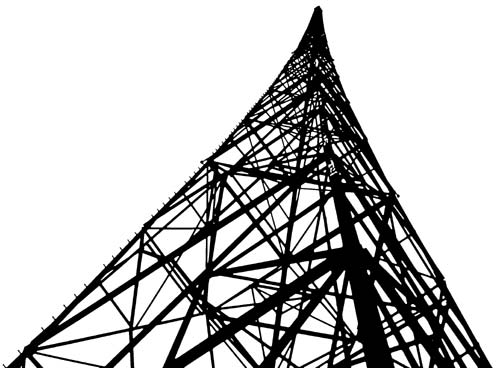Alternate title: Less is more (and other nonsense)!
The NAB has come out with its latest interesting opinion on radio station ownership in comments to the FCC regarding the 2014 Quadrennial Regulatory Review. They state that “Retaining the local radio ownership rule unchanged would be arbitrary and capricious” because the audio marketplace has changed radically over the last ten years. The introduction of online listening via Pandora seems to have created a competition that can only be adequately dealt with by further consolidation, it seems. Also, the Commission cannot demonstrate that the current rules promote localism or viewpoint diversity. That last sentence is a fair statement. What the NAB does not say is that there is no evidence that further consolidation will promote localism or viewpoint diversity either.
The comment then goes into a lot of information and statistics on smartphone usage; who has them, what they are using them for et cetera. It is very interesting to note that there is no reason given for the sudden and alarming upswing in mobile online listening. But, let us examine a few interesting data points first:
- Mobile data is not free. There are very few unlimited mobile data plans out there anymore, most everyone now has some sort of data cap. Extra data can be purchased, but it is expensive
- Online listening uses data at a fast rate. According to Pandora, they stream at 64 kbps, or 0.480 megabytes per minute or 29 megabytes per hour. Spotify uses quite a bit more, 54 megabytes per hour.
Let us assume that the average commute to work these days is one hour. That would mean two hours per day of driving and mobile listening. That adds up to 1.16 GB of data per month just in online listening. Assuming that the smartphone functions as more than just a radio and will be used for email, maps, news, web browsing, and other downloads, a fairly hefty data plan would be required of the smartphone user to accommodate all this data. Why would somebody pay considerably extra per month just to listen to online radio?
Do you get where I am going with this? Good, compelling programming is what people are searching for. If they cannot find it on the radio, they will go elsewhere. Nature abhors a vacuum. Want to compete against Pandora, Spotify, XM, or whoever? Offer up something good to listen to. These days, competition seems to be a dirty word. Yes, competition requires work, but it, in and of itself, is not bad.
The NAB seems to be saying that relaxing ownership rules and thus, presumably, allowing more consolidation will promote diversity. In my twenty-five years of broadcasting, I can say that I have never seen this to be the case. Some of the most diverse radio stations to be heard are often single stations, sometimes an AM/FM combo, just out there doing their thing. Stations like WDST, WHVW, WKZE, WHDD, WJFF, WTBQ, WSBS, WNAW… I am sure that I am forgetting a few.
You can read the entirety of the NAB’s comments here.






Well, exactly. On top of that, if the argument is that Pandora or Spotify are now the secret sauce making radio competitive, it misunderstands what those services do. They compete for people’s attention, but they’re not a drop-in replacement for radio, and having them on your phone or laptop doesn’t make what’s going on within the confines of your radio dial any more competitive.
That said, it’s hard to imagine how the industry could consolidate any more, or how there could be any less competition – though I don’t suppose I want to find out.
Consolidation in broadcasting is the equivalent of Wal Mart vaporizing small town America. You get it at a cheaper price, but it’s the same everywhere you go. Cheap, poorly done, and not worth having.
I recently drove from Savannah Ga to Mizzoula Mt and counted no less than 31 stations calling themselves “The Cave”…with exactly the same playlist and nationally known voice doing the promos.
That’s not radio, that’s a coma.